If you have decided that the best solution for your troubled boy is a full time therapeutic facility, you need to ensure that you select the program that is most likely to fit his needs. Although traditional talk therapy has helped many teens and certainly has its place in an effective treatment program, it often takes time for therapists to develop a relationship of trust so that their patient feels comfortable enough to open up. In recent years, many professionals and worried parents are turning to therapeutic options that offer a less traditional approach to healing and contain a hands-on component that appeals to teens and helps cut down on some of the bonding time required in talk therapy. One such choice that is quickly gaining popularity for its effectiveness is equine therapy.
What Is Equine Therapy?
Equine therapy is a kind of therapeutic intervention for individuals with anger or confidence issues. Through daily interaction and care of a horse, teens improve their communication skills as well as their level of self-awareness. Horses make ideal therapy animals because they are highly social and each one has individual quirks and personality traits, much like people. Their sensitive nature means that they mirror the emotions and behavior of their handler and as a result, teens learn very quickly that they must practice positive interactive skills in order to have a positive experience with their horse. Successful management requires problem solving techniques and replacing aggressive conduct for calmness and kindness. As teens learn how to self-correct, they get immediate feedback on how their behavior affects those around them.
The work required to properly care for a horse not only teaches teens new skills they can have confidence in, but it also allows them to focus on something other than themselves as they implement time, patience and kindness. Therapists have found that as they observe and work with teens in equine therapy, they are more able to let their guard down and open up about their challenges and issues.
Overall, equine therapy is designed to help individuals develop the important life skills they need in order to live an emotionally productive life. Some of the goals that are emphasized are:
- Accepting responsibility
- Giving selflessly
- Healthy problem solving skills
- Improved verbal and non-verbal communication
- Building more positive relationships

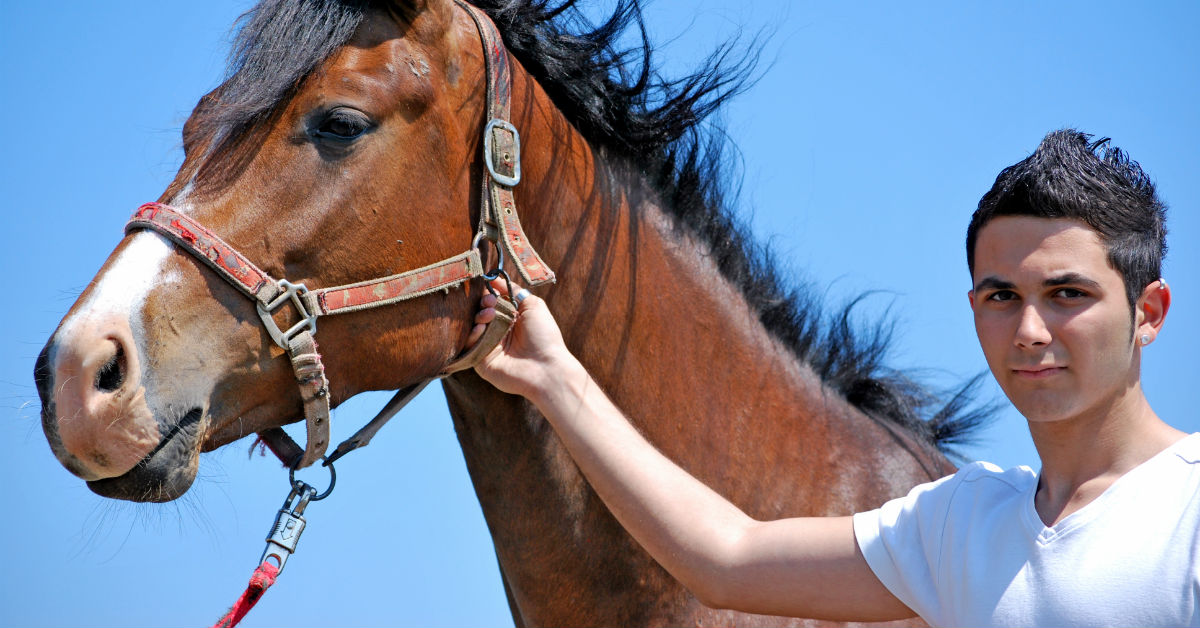


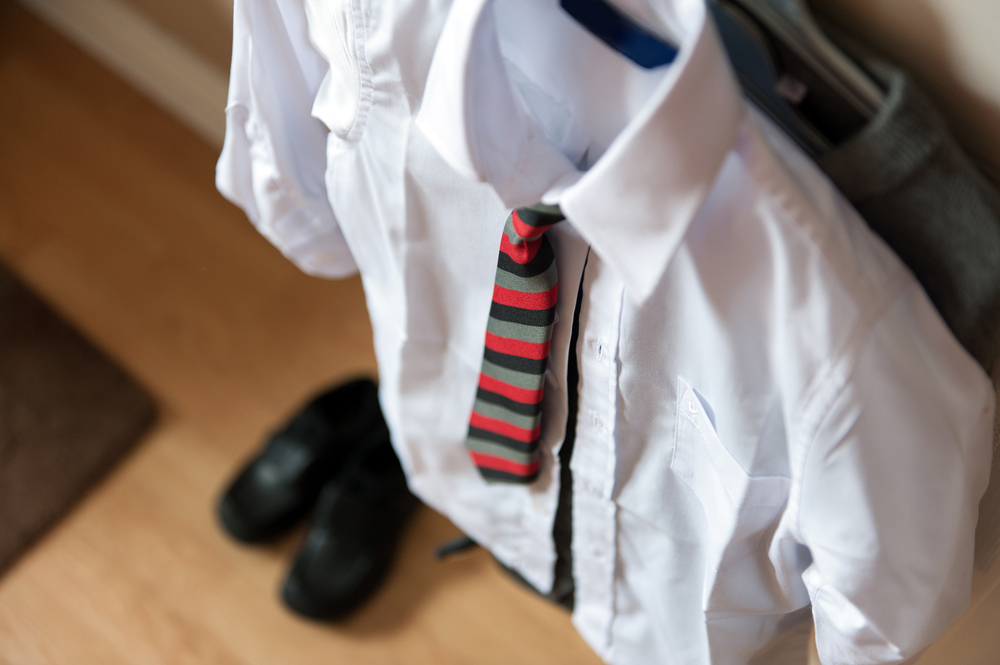
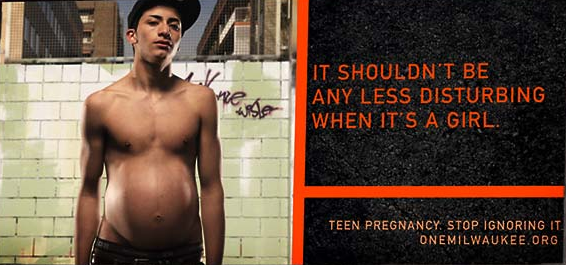
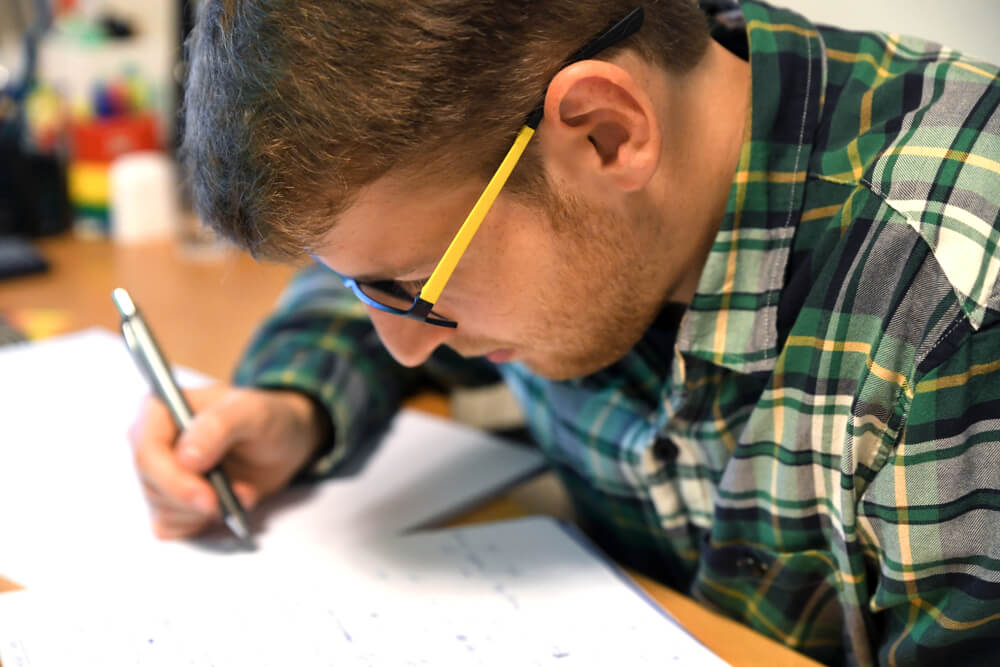
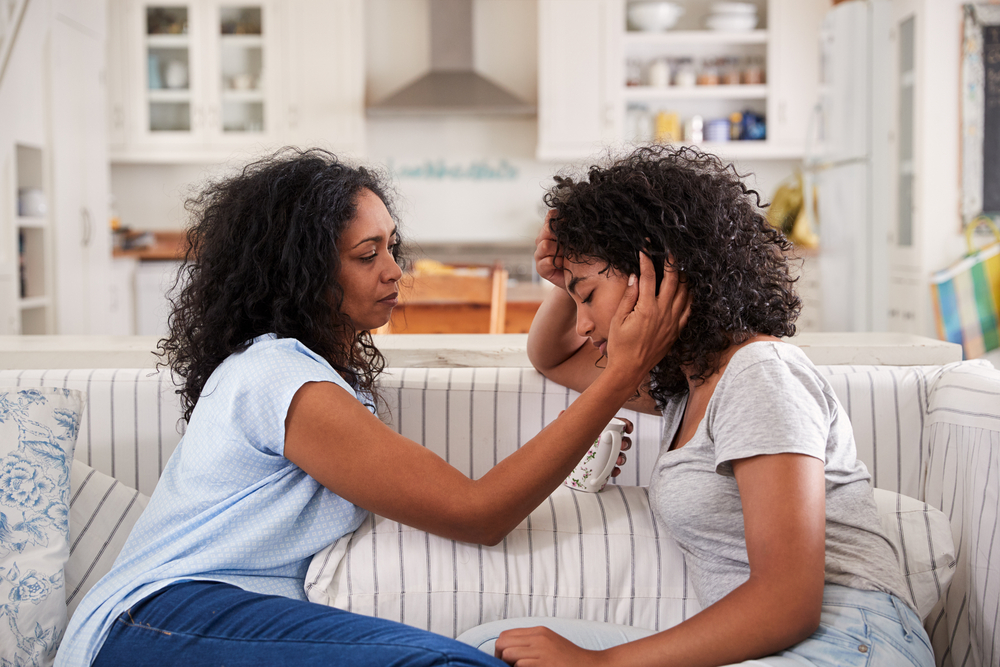
0 Comments